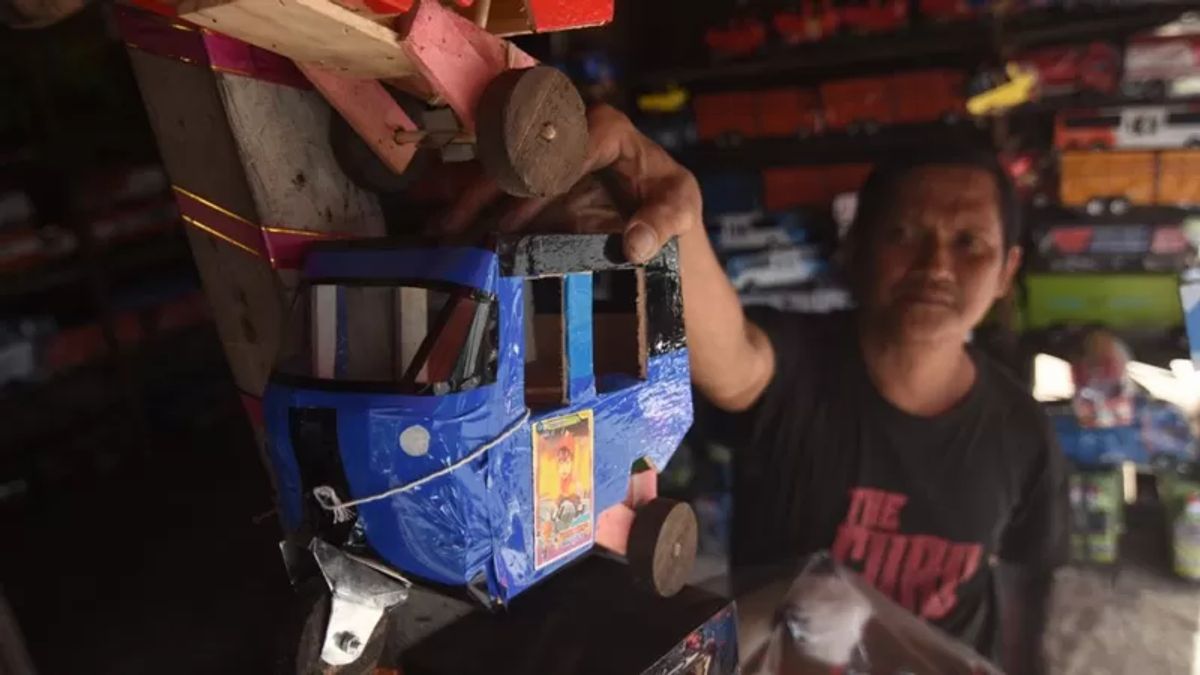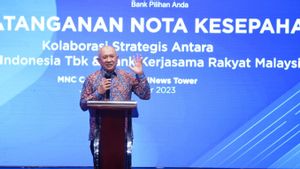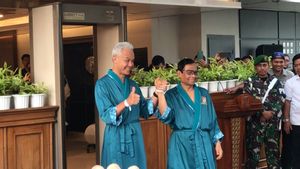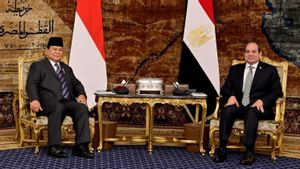JAKARTA - Secretary of the Ministry of Cooperatives and SMEs (SesKemenKopUKM) Arif Rahman Hakim stated that in an effort to realize MSMEs to advance to class, there are three approaches to detect them, namely productivity, accessibility, and intervention.
"First, the productivity approach is emphasized from increasing business capacity and business performance. Second, the accessibility approach to capital from changing business capital resources to increasingly formal," said Arif in his official statement, Sunday, October 22.
Arif added that the third is the government's financial intervention approach, namely the passing of MSMEs from government assistance programs.
According to Arif, each country has its own model or criteria related to the definition of MSMEs and the definition of UPgrading SMEs. Meanwhile, the majority of MSMEs in the world are independent companies with less than 50 workers and this size is different in each country.
"Many countries classify MSMEs with parameters or criteria for the number of workers not exceeding 250 or 200 people. Specifically for SMEs in the US, the number of workers does not exceed 500 people," said Arif.
Arif believes that various MSME foster partners in Indonesia already have attention to the class up MSME criteria. In the development of MSMEs, a smaller classification is made, not only based on assets and turnover but also other indicators.
"These indicators, according to Bank Indonesia, are Digital MSMEs, MSMEs that are connected to access to financing, export MSMEs, and Green MSMEs," Arif explained.
SEE ALSO:
Meanwhile, according to the Regional Government, productivity indicators, access indicators, indicators of government intervention, and indicators of a sustainable business environment (green economy), and preserving local wisdom.
Currently, the criteria for MSMEs to advance to class are the increase in turnover and MSME assets as classified in Government Regulation Number 7 of 2021 concerning Ease, Protection, and Empowerment of Cooperatives and Micro, Small and Medium Enterprises.
However, the increase in the MSME class is considered too difficult to achieve considering the long range of turnover and capital between each business classification.
"As a result, the impact of the MSME empowerment program is difficult to map and the government's performance is difficult to calculate quantitatively," said Arif.
For this reason, Arif emphasized that collaboration with various stakeholders is very important to do to increase the class of MSMEs.
"Mitra coaches and MSME assistants who already have tools to assess MSME classes, can be invited to cooperate so that these tools can be used by each local government," said Arif.
The English, Chinese, Japanese, Arabic, and French versions are automatically generated by the AI. So there may still be inaccuracies in translating, please always see Indonesian as our main language. (system supported by DigitalSiber.id)

















